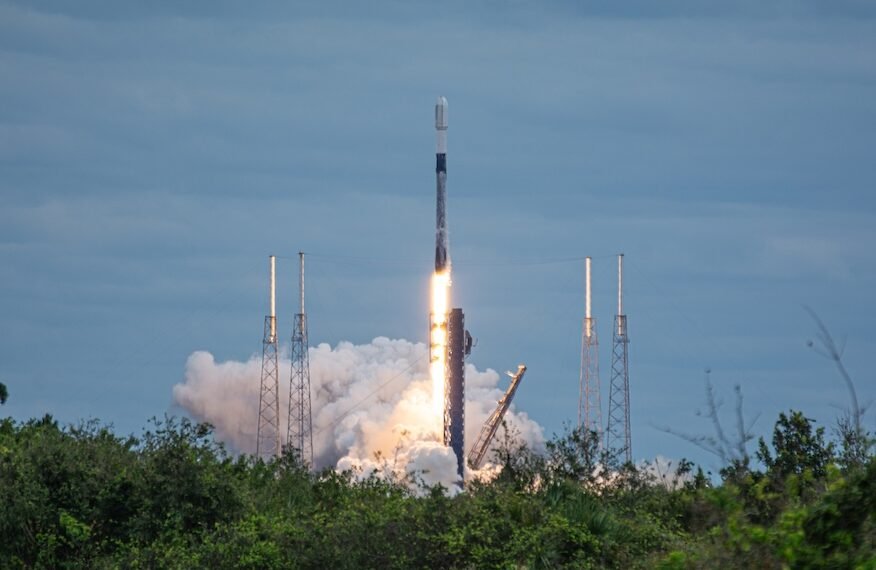The successful launch of GSAT-20 marks a significant leap forward in India’s communication infrastructure. This high-throughput satellite is set to bridge connectivity gaps, providing reliable internet access to remote areas and enabling in-flight internet services, transforming digital access across the nation.
By PC bureau
Cape Canaveral, Florida: SpaceX successfully launched GSAT-20, India’s heaviest satellite to date, into orbit early Tuesday morning. The Falcon 9 rocket lifted off from Cape Canaveral Space Force Station, carrying the 10,360-pound satellite into a geosynchronous transfer orbit.
Developed by New Space India Limited (NSIL), the commercial arm of ISRO, GSAT-20 is poised to strengthen India’s communication infrastructure. It will provide internet connectivity to remote regions and enable in-flight internet services, supported by 32 user beams and hub stations across the country.
Monday afternoon’s launch marked SpaceX’s first payload mission for ISRO. While India’s domestic launch vehicle, the Geosynchronous Satellite Launch Vehicle Mark 3 (LVM3), can carry payloads of up to 4,000 kilograms, GSAT-20’s heft necessitated external support. NSIL had announced its contract with SpaceX on January 2, 2024, to facilitate this milestone mission.
Previously, India launched the GSAT-24 satellite on June 22, 2022, aboard an Ariane 5 rocket from French Guiana. The shift to SpaceX’s Falcon 9 highlights ISRO’s move towards cost-effective and reliable launch options, reducing reliance on European launch providers like Arianespace.
Once operational, GSAT-20 will play a vital role in bridging connectivity gaps across India, especially in underserved regions. Its deployment aligns with recent regulatory advancements permitting in-flight internet services in Indian airspace.
This mission also showcased SpaceX’s unparalleled operational cadence, being its third launch within 24 hours. The company had launched a satellite for Australian telecom provider Optus on Sunday evening (Nov. 17) and followed it with a batch of Starlink broadband satellites early Monday morning (Nov. 18).













